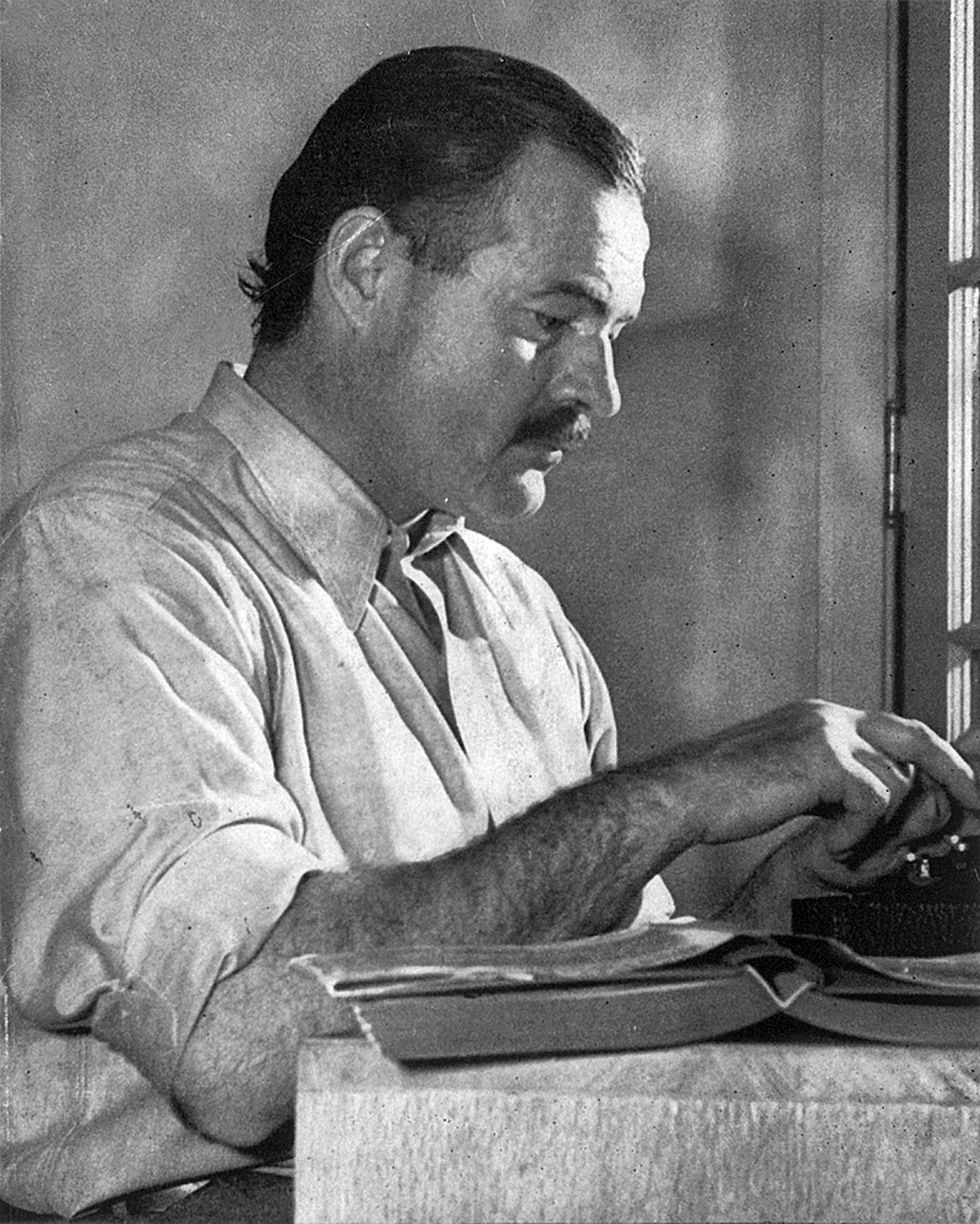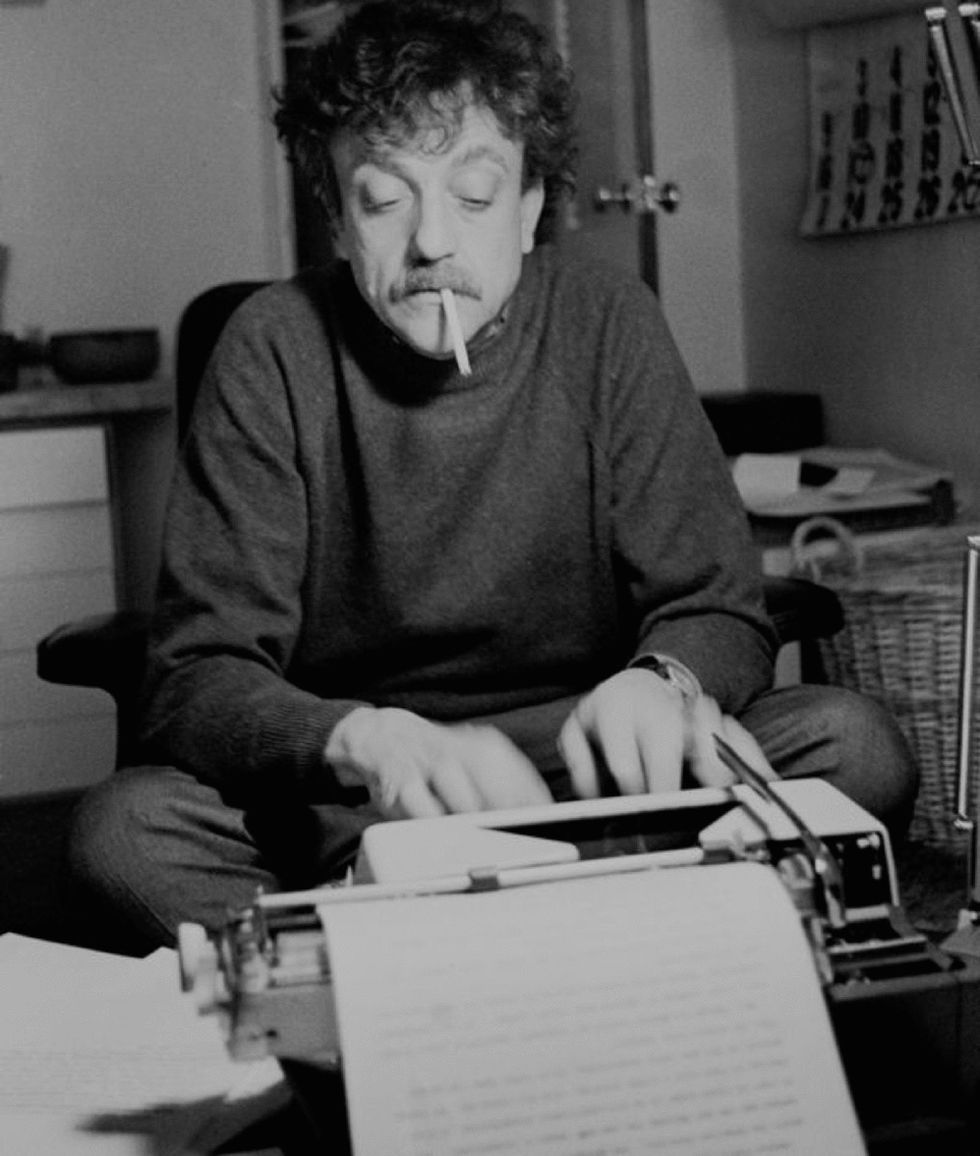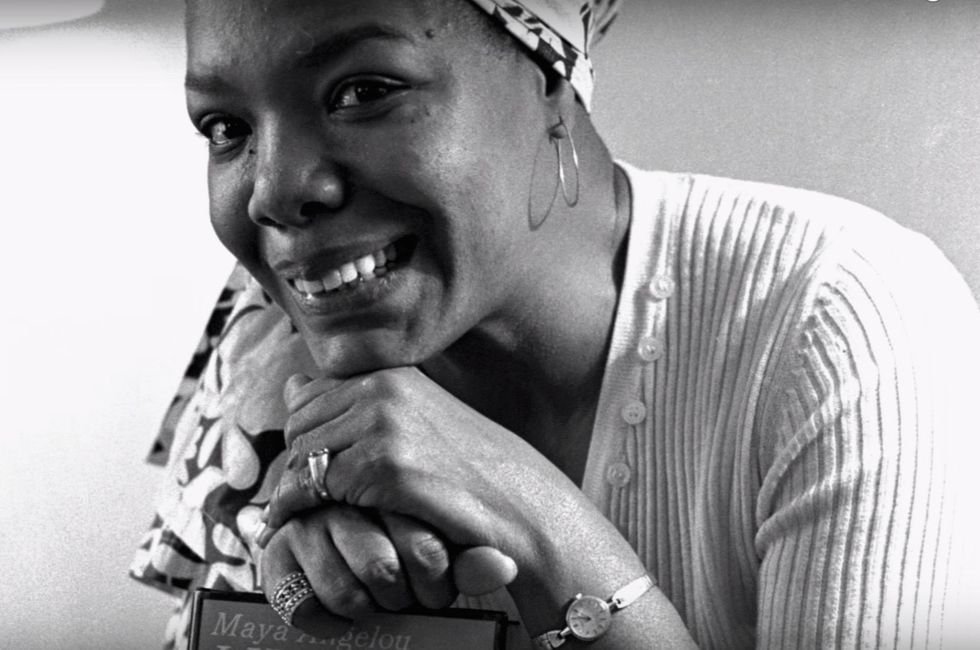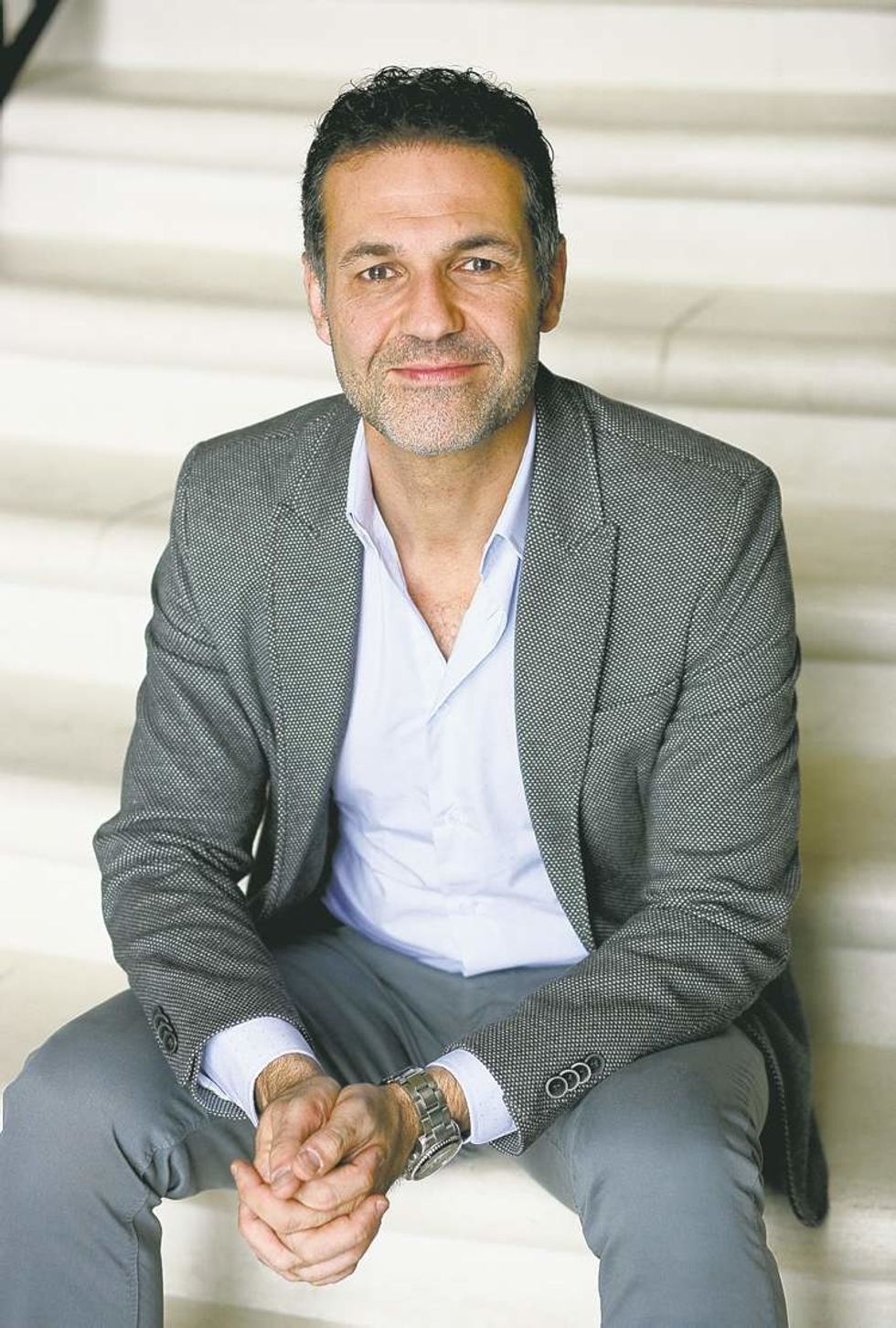When you listen to athletes talk about what they eat and their day-to-day workouts, you are in awe. Not only at their stringent conditions, but at the fact that they willingly do it every day.
Hence, this daily routines are not simply based off their natural talent and otherworldly charisma (as many think), but it comes form hard work in all areas that it aids you talent, genius, and skill. It hones all that into a fine and dandy tool to overcome any problems they encounter on the field. Writing is no different, and to prove it here are some daily routines from famous writers, as taken from interviews.
1. Ernest Hemingway

Wikimedia Commons
In an interview with George Plimpton, Hemingway shed light behind his startlingly honest prose:
When I am working on a book or a story I write every morning as soon after first light as possible. There is no one to disturb you and it is cool or cold and you come to your work and warm as you write. You read what you have written and, as you always stop when you know what is going to happen next, you go on from there.
You write until you come to a place where you still have your juice and know what will happen next and you stop and try to live through until the next day when you hit it again. You have started at six in the morning, say, and may go on until noon or be through before that.
When you stop you are as empty, and at the same time never empty but filling, as when you have made love to someone you love. Nothing can hurt you, nothing can happen, nothing means anything until the next day when you do it again. It is the wait until the next day that is hard to get through.
2. Kurt Vonnegut

Biography.com
Famous author of Cat's Cradle and Slaughterhouse-Five wrote a letter to his wife Jane about his writing habits, and was later published as a book. He revealed that he does some out-of-the-box routine. Somehow, however, it all fits his out-of-the-box personality.
I awake at 5:30, work until 8:00, eat breakfast at home, work until 10:00, walk a few blocks into town, do errands, go to the nearby municipal swimming pool, which I have all to myself, and swim for half an hour, return home at 11:45, read the mail, eat lunch at noon. In the afternoon I do schoolwork, either teach or prepare. When I get home from school at about 5:30, I numb my twanging intellect with several belts of Scotch and water ($5.00/fifth at the State Liquor store, the only liquor store in town. There are loads of bars, though.), cook supper, read and listen to jazz (lots of good music on the radio here), slip off to sleep at ten. I do pushups and sit ups all the time, and feel as though I am getting lean and sinewy, but maybe not.
3. Maya Angelou

Wikipedia.com
In 2013, this famous poet and writer revealed her secrets behind her marvelous books and soul-touching poems:
I keep a hotel room in my hometown and pay for it by the month.
I go around 6:30 in the morning. I have a bedroom, with a bed, a table, and a bath. I have Roget's Thesaurus, a dictionary, and the Bible. Usually a deck of cards and some crossword puzzles. Something to occupy my little mind. I think my grandmother taught me that. She didn't mean to, but she used to talk about her "little mind." So when I was young, from the time I was about 3 until 13, I decided that there was a Big Mind and a Little Mind. And the Big Mind would allow you to consider deep thoughts, but the Little Mind would occupy you, so you could not be distracted. It would work crossword puzzles or play Solitaire, while the Big Mind would delve deep into the subjects I wanted to write about.
I have all the paintings and any decoration taken out of the room. I ask the management and housekeeping not to enter the room, just in case I've thrown a piece of paper on the floor, I don't want it discarded. About every two months I get a note slipped under the door: "Dear Ms. Angelou, please let us change the linen. We think it may be moldy!" But I've never slept there, I'm usually out of there by 2. And then I go home and I read what I've written that morning, and I try to edit then. Clean it up.
Easy reading is damn hard writing. But if it's right, it's easy. It's the other way round, too. If it's slovenly written, then it's hard to read. It doesn't give the reader what the careful writer can give the reader.
4. Khaled Hosseini

Biography.com
Tear-worthy, heart-wrenching author Khaled Hosseini revealed in an interview about his daily writing routine:
I don't outline at all, I don't find it useful, and I don't like the way it boxes me in. I like the element of surprise and spontaneity, of letting the story find its own way. For this reason, I find that writing a first draft is very difficult and laborious. It is also often quite disappointing. It hardly ever turns out to be what I thought it was, and it usually falls quite short of the ideal I held in my mind when I began writing it. I love to rewrite, however. A first draft is really just a sketch on which I add layer and dimension and shade and nuance and color. Writing for me is largely about rewriting. It is during this process that I discover hidden meanings, connections, and possibilities that I missed the first time around. In rewriting, I hope to see the story getting closer to what my original hopes for it were. I have met so many people who say they've got a book in them, but they've never written a word. To be a writer — this may seem trite, I realize — you have to actually write. You have to write every day, and you have to write whether you feel like it or not. Perhaps most importantly, write for an audience of one — yourself. Write the story you need to tell and want to read. It's impossible to know what others want so don't waste time trying to guess. Just write about the things that get under your skin and keep you up at night.
5. Barbara Kingsolver

BarbaraKingsolver.com
NYT best-selling author for 9 times now revealed her secret to writing formidable books in the guise of a routine:
I tend to wake up very early. Too early. Four o'clock is standard. My morning begins with trying not to get up before the sun rises. But when I do, it's because my head is too full of words, and I just need to get to my desk and start dumping them into a file. I always wake with sentences pouring into my head. So getting to my desk every day feels like a long emergency. It's a funny thing: people often ask how I discipline myself to write. I can't begin to understand the question. For me, the discipline is turning off the computer and leaving my desk to do something else. I write a lot of material that I know I'll throw away. It's just part of the process. I have to write hundreds of pages before I get to page one.
So, what are you waiting for? Go and unleash your potential in ways that makes sense for your mind and eaves you feeling wholly satisfied.
















